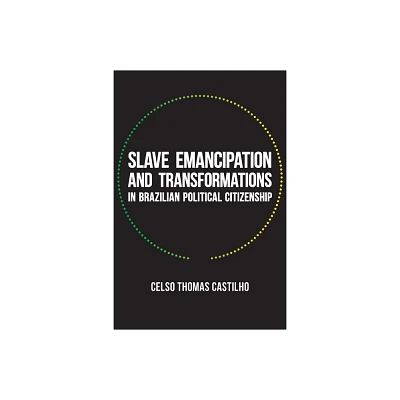Home
Telenovelas and Transformation: Saving Brazil's Television Industry
Loading Inventory...
Barnes and Noble
Telenovelas and Transformation: Saving Brazil's Television Industry
Current price: $66.99


Barnes and Noble
Telenovelas and Transformation: Saving Brazil's Television Industry
Current price: $66.99
Loading Inventory...
Size: Hardcover
*Product Information may vary - to confirm product availability, pricing, and additional information please contact Barnes and Noble
This book investigates how telenovelas may be the key to the future of Brazilian television and how this content can survive in an interconnected media landscape.
Recognised telenovela writer and scholar Rosane Svartman considers the particular characteristics of the telenovela format – number of episodes, melodrama influence, and influence of the audience on future writing – to explore how these can be preserved on multimedia platforms, and the challenges this change may present. Svartman further charts the transformations of the telenovela throughout its history and its major influences and unveils the main storytelling elements and writing processes. Chapters examine the business model of Brazilian corporate television within the current context of hypermedia and analyse how this relationship evolves as it is influenced by the new interactive tools and technologies that amplify the audience’s power.
Merging empirical practices and theory, this book will be of great interest to scholars and students of transmedia storytelling, television studies, and Latin American media, as well as professionals working in these areas.
Recognised telenovela writer and scholar Rosane Svartman considers the particular characteristics of the telenovela format – number of episodes, melodrama influence, and influence of the audience on future writing – to explore how these can be preserved on multimedia platforms, and the challenges this change may present. Svartman further charts the transformations of the telenovela throughout its history and its major influences and unveils the main storytelling elements and writing processes. Chapters examine the business model of Brazilian corporate television within the current context of hypermedia and analyse how this relationship evolves as it is influenced by the new interactive tools and technologies that amplify the audience’s power.
Merging empirical practices and theory, this book will be of great interest to scholars and students of transmedia storytelling, television studies, and Latin American media, as well as professionals working in these areas.


















